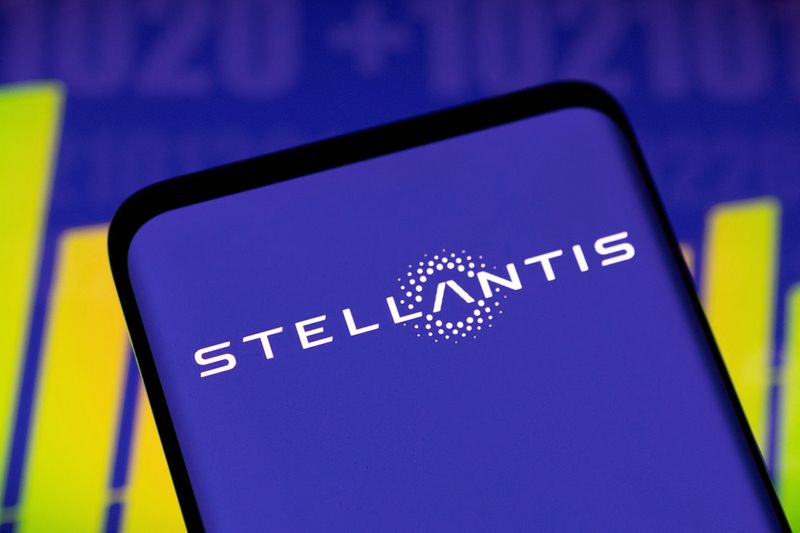Investng.com — Shares of Stellantis (NYSE:) NV (EPA:) and Volkswagen AG (ETR:) fell by over 4% and about 1%, respectively, on Friday after several of their plug-in vehicles lost eligibility for U.S. tax credits under stricter guidelines implemented this week.
Volkswagen’s ID.4 electric SUV no longer qualifies for the full $7,500 tax credit, according to the latest update from the U.S. Department of Energy and the Environmental Protection Agency.
Other models, such as those from Nissan (OTC:) Motor Co. and Stellantis, which previously qualified for up to $3,750, also lost their eligibility.
This change stems from adjustments to the Inflation Reduction Act, introduced by President Joe Biden.
The revisions impose more stringent requirements for sourcing battery components and raw materials domestically. As a result, only 18 electric and plug-in hybrid models now meet the criteria for the tax credit, down from 22 last year.
European automakers are preparing for increased challenges in the U.S., particularly as Donald Trump, who has vowed to reverse Biden’s pro-EV policies, prepares for a potential return to office. Trump has also hinted at imposing tariffs on vehicles manufactured outside the U.S.
Volkswagen (ETR:) has long faced difficulties in the U.S. market. Its upcoming Scout series of electric SUVs and pickup trucks is considered crucial to boosting its presence, especially as European growth slows and competition heats up in China.
To strengthen its position, the company appointed Kjell Gruner, a former Porsche (ETR:) and Rivian (NASDAQ:) executive, as head of its Americas division late last year.
Stellantis, meanwhile, has dealt with product delays and surplus inventory in the U.S., challenges that contributed to the dismissal of its CEO in 2024.
The company is also grappling with declining production in its home market; passenger car output in Italy plummeted by 46% last year, reaching its lowest level since 1956, largely due to weak demand for models like the electric Fiat (BIT:) 500.



